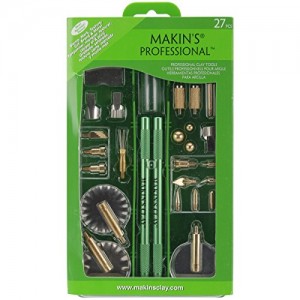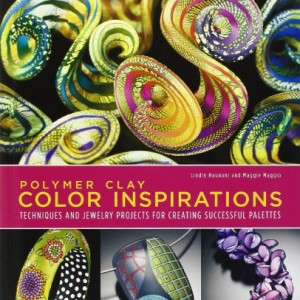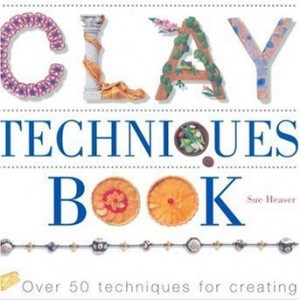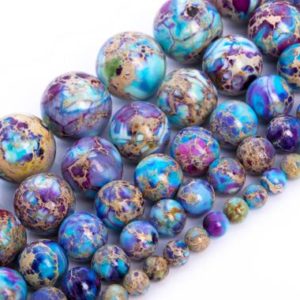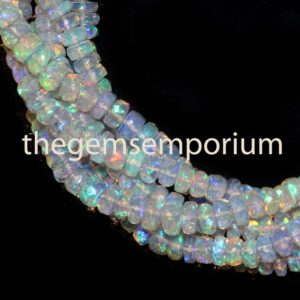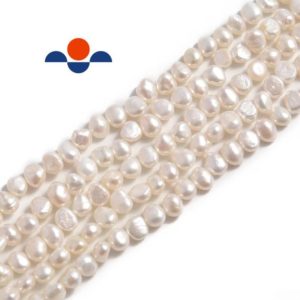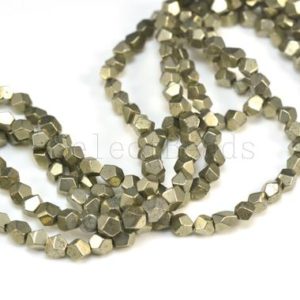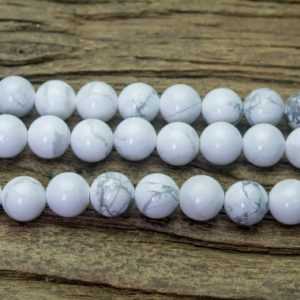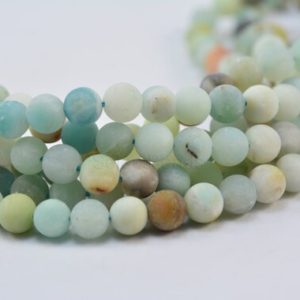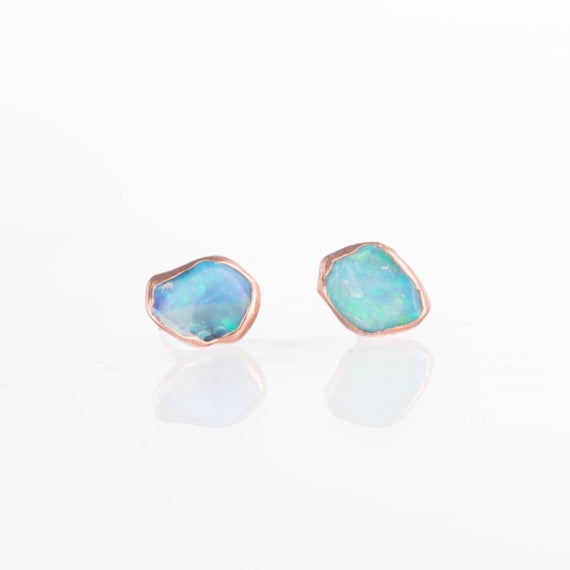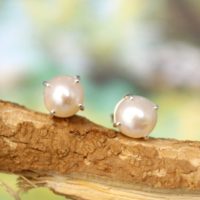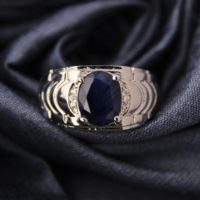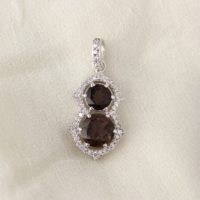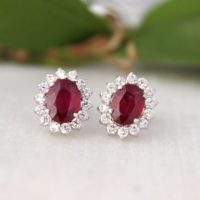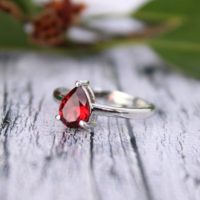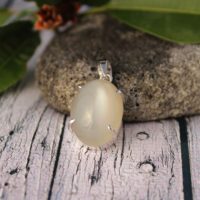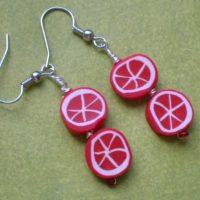
- Polymer Clay
-
A sculpting material which can be formed into shapes and then baked to harden. Polymer clay is available in most craft stores in a wide range of colors, and can be used to make beads and pendants.
Polymer clay is a plastic modeling material available in numerous vibrant colors. It is made of made from polyvinyl chloride (PVC), plasticizer, and pigment. The clay is molded and then baked in a conventional home oven to produce a hard, durable finished product.
FIMO® and Sculpey® are the two most popular and widely used brands of polymer clay. Different formulations are available with various features: colors, metallics, neons, and differing pliabilities and textures. Polymer clay is available in a wide variety of solid colors, as well as predecorated rolls that you can cut into beads.
The softness and pliability of polymer clay makes it amenable to texturizing and molding into beads, buttons, figurines or charms. Polymer clay can be sanded for extra smoothness after baking (curing), and painted and glued as needed.
Beads are usually fashioned by rolling white or scrap clay into the desired shape, and then covering the bead with thin colored and embellished pieces of clay to create the desired appearance. Millifiore beads are a popular project using polymer clays.
Tools for Polymer Clay
Common tools used to sculpt polymer clay include brayers (a kind of rolling pin), blades, and carving and sculpting tools used for pottery. The pasta machine is an excellent tool for thinning sheets of polymer clay, particularly for creating subtle color gradients. A clay gun for extruding polymer clay, as well as cutting patters (like cookie cutters) are invaluable tools for working with polymer clay.
Conditioning
All brands of polymer clay need to be conditioned before sculpting into a final form. To condition your clay, work it with your hands for several minutes. Roll the clay into a snake shape and then squish it back into a ball several times. This softens the clay and makes it less brittle, so it is not as prone to crack and break.
Baking
Most clays are cured by baking for about 20 minutes at 130 degrees, although you should check manufacturer’s instructions for variations.
Once cured, the polymer clay is hard and durable. Because of the low temperature needed to cure the clay, it can be adhered to many materials and cured, including eggshells, glass and metallic items. Wood can be used if prebaked. An infinite variety of colorful and unique beads can be formed using polymer clay-the only limit is your imagination.
